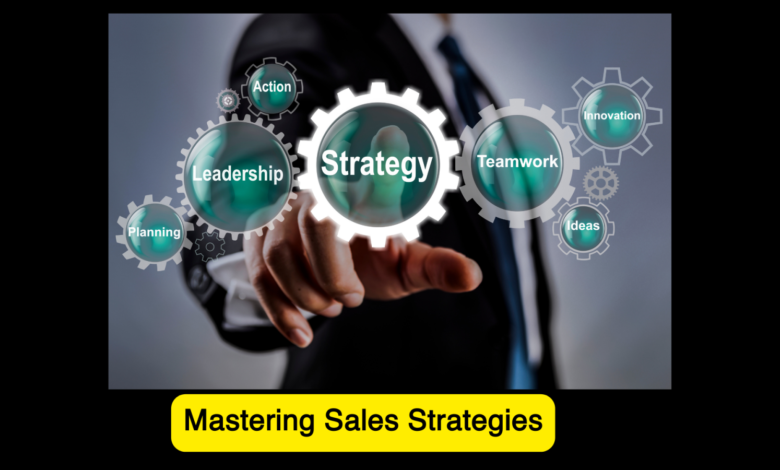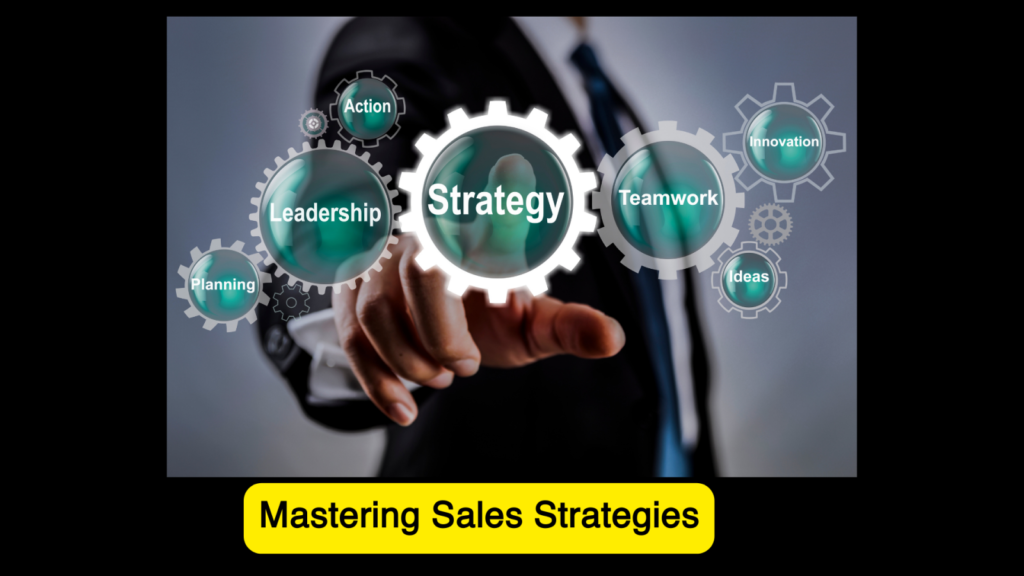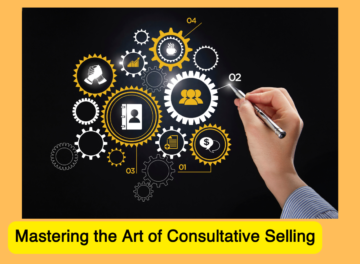The Evolution of Sales Strategies: Embracing Modern Techniques for Success

Sales strategies have evolved significantly over the past few decades. What was once a process dominated by face-to-face interactions and cold calling has transformed into a multifaceted discipline driven by technology, data, and sophisticated customer engagement methods. In today’s competitive landscape, understanding and adapting to these changes is crucial for achieving sales success. This article explores the evolution of sales strategies and highlights modern techniques that can help businesses stay ahead in an ever-changing market.

Historical Perspective
To appreciate the modern sales landscape, it’s important to understand its history. Traditionally, sales relied heavily on direct selling techniques. Salespeople would often visit prospects in person, aiming to build relationships and close deals through persuasion and personal rapport. Cold calling was also a common practice, with sales representatives reaching out to potential customers who had shown no prior interest.
However, as technology advanced, so did the methods and tools available for sales professionals. The introduction of computers and the internet revolutionized the way sales were conducted, paving the way for a more data-driven and strategic approach.
The Rise of Technology and Data-Driven Sales
In the late 20th and early 21st centuries, the rise of technology transformed sales strategies. Customer Relationship Management (CRM) systems became a cornerstone of modern sales, allowing businesses to track interactions with prospects and customers, manage pipelines, and analyze data to inform strategies. CRM tools provided valuable insights into customer behavior, preferences, and purchasing patterns.
The advent of digital marketing further reshaped sales approaches. With the rise of social media, email marketing, and online advertising, businesses gained new channels to reach and engage with potential customers. This shift enabled sales teams to target specific audiences more effectively and nurture leads through automated processes.
Content Marketing and Inbound Sales
One of the most significant changes in recent years is the shift towards content marketing and inbound sales. Unlike traditional outbound sales tactics, which involve reaching out to potential customers, inbound sales focus on attracting and engaging prospects through valuable content. This approach positions businesses as industry experts and builds trust with potential customers.
Content marketing includes various forms of media, such as blogs, whitepapers, eBooks, webinars, and videos. By providing useful information and addressing the needs and pain points of their target audience, businesses can attract leads and guide them through the buyer’s journey.
Inbound sales strategies involve engaging with prospects who have expressed interest in a business’s content or products. Sales representatives focus on understanding the prospect’s needs, providing personalized solutions, and building a relationship based on trust rather than pressure.
Personalization and Customer Experience
In today’s competitive market, personalization is key to successful sales strategies. Customers expect tailored experiences that address their specific needs and preferences. Advances in data analytics and AI have made it possible to deliver highly personalized sales interactions.
Sales teams can leverage data from CRM systems and other sources to gain insights into individual customer behavior and preferences. This information allows sales representatives to customize their pitches, recommend relevant products or services, and address specific pain points.
Enhancing the overall customer experience is also crucial. A seamless and positive experience at every touchpoint, from initial contact to post-purchase support, can significantly impact customer satisfaction and loyalty. Businesses that prioritize exceptional customer service and engage with customers throughout their journey are more likely to achieve long-term success.
Sales Automation and Efficiency
Automation has become a game-changer in the sales industry. Sales automation tools streamline repetitive tasks, such as lead generation, follow-up emails, and scheduling, allowing sales representatives to focus on higher-value activities. By automating these processes, businesses can improve efficiency, reduce errors, and accelerate the sales cycle.
Sales automation tools also provide valuable insights through reporting and analytics. Sales teams can track performance metrics, identify trends, and make data-driven decisions to optimize their strategies.
The Role of Social Selling
Social selling has emerged as a powerful technique in modern sales strategies. Social media platforms, such as LinkedIn, Twitter, and Facebook, provide opportunities for sales professionals to connect with prospects, share valuable content, and build relationships.
Social selling involves leveraging social media to engage with potential customers, join relevant conversations, and establish credibility. By positioning themselves as industry experts and offering insights and solutions, sales representatives can build trust and attract leads.
Building a Sales Culture
Creating a strong sales culture is essential for long-term success. A positive and motivating sales environment encourages team members to perform at their best and fosters collaboration and continuous improvement.
Sales leaders play a crucial role in shaping the sales culture by setting clear goals, providing ongoing training and development, and recognizing and rewarding achievements. A supportive and empowering culture helps sales teams stay motivated and aligned with the company’s objectives.
Conclusion
The sales landscape has undergone significant changes over the years, driven by technological advancements, shifts in customer behavior, and evolving strategies. Embracing modern techniques, such as data-driven sales, content marketing, personalization, and automation, is essential for achieving success in today’s competitive market. By staying informed and adapting to these changes, businesses can enhance their sales strategies, improve customer engagement, and drive growth.



Real Estate There is definately a lot to find out about this subject. I like all the points you made
Hi, I’m Jack. Your blog is a treasure trove of valuable insights, and I’ve made it a point to visit daily. Kudos on creating such an amazing resource!